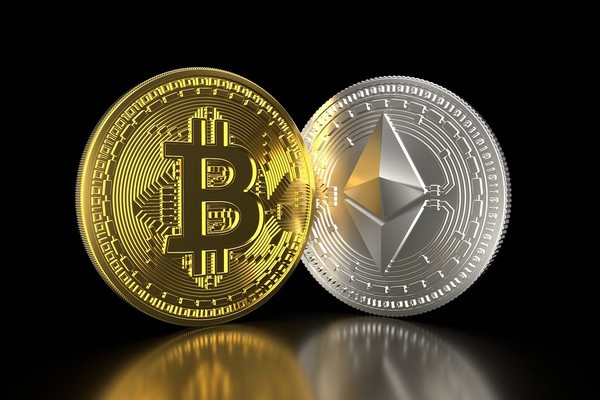
atomic: Having to do with atoms, the smallest possible unit that makes up a chemical element.
behavior: The way something, often a person or other organism, acts towards others, or conducts itself.
chemistry: The field of science that deals with the composition, structure and properties of substances and how they interact. Scientists use this knowledge to study unfamiliar substances, to reproduce large quantities of useful substances or to design and create new and useful substances. (about compounds) Chemistry also is used as a term to refer to the recipe of a compound, the way it’s produced or some of its properties. People who work in this field are known as chemists. (in social science) A term for the ability of people to cooperate, get along and enjoy each other’s company.
develop: To emerge or to make come into being, either naturally or through human intervention, such as by manufacturing. (in biology) To grow as an organism from conception through adulthood, often undergoing changes in chemistry, size, mental maturity or sometimes even shape. (as with towns) The conversion of wildland to host communities of people. This development can include the building of roads, homes, stores, schools and more. Usually, trees and grasslands are cut down and replaced with structures or landscaped yards and parks.
equation: In mathematics, the statement that two quantities are equal. In geometry, equations are often used to determine the shape of a curve or surface.
high school: A designation for grades nine through 12 in the U.S. system of compulsory public education. High-school graduates may apply to colleges for further, advanced education.
internet: An electronic communications network. It allows computers anywhere in the world to link into other networks to find information, download files and share data (including pictures).
matter: Something that occupies space and has mass. Anything on Earth with matter will have a property described as “weight.”
mechanics: The study of how things move.
molecule: An electrically neutral group of atoms that represents the smallest possible amount of a chemical compound. Molecules can be made of single types of atoms or of different types. For example, the oxygen in the air is made of two oxygen atoms (O2), but water is made of two hydrogen atoms and one oxygen atom (H2O).
physics: The scientific study of the nature and properties of matter and energy. Classical physics is an explanation of the nature and properties of matter and energy that relies on descriptions such as Newton’s laws of motion. Quantum physics, a field of study that emerged later, is a more accurate way of explaining the motions and behavior of matter. A scientist who works in such areas is known as a physicist.
quantum: (pl. quanta) A term that refers to the smallest amount of anything, especially of energy or subatomic mass.
quantum computing: A special way to manipulate and store information based on the properties of very small stuff, such as individual atoms.
quantum mechanics: A branch of physics dealing with the behavior of matter on the scale of atoms or subatomic particles.
solid: Firm and stable in shape; not liquid or gaseous.
stress: (in psychology) A mental, physical, emotional or behavioral reaction to an event or circumstance (stressor) that disturbs a person or animal’s usual state of being or places increased demands on a person or animal; psychological stress can be either positive or negative. (in physics) Pressure or tension exerted on a material object.
subatomic: Anything smaller than an atom, which is the smallest bit of matter that has all the properties of whatever chemical element it is (like hydrogen, iron or calcium).
technology: The application of scientific knowledge for practical purposes, especially in industry — or the devices, processes and systems that result from those efforts.
tool: An object that a person or other animal makes or obtains and then uses to carry out some purpose such as reaching food, defending itself or grooming.
Web: (in computing) An abbreviation of World Wide Web, it is a slang term for the internet.
Wi-Fi: A wireless technology that networks various electronic devices (such as cell phones and laptop computers); it allows them to share the same modem for Internet connections by using radio waves.








Leave a Comment